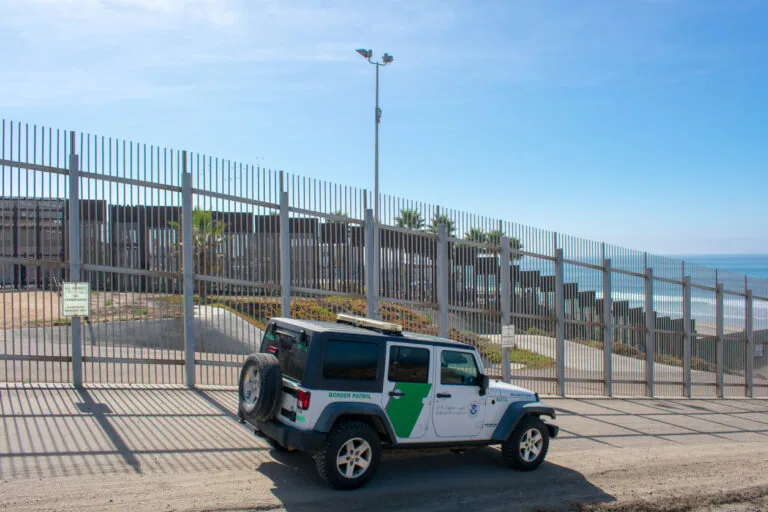Since taking office in 2025, President Trump has signed a series of immigration-related executive orders that affect how green card applications are reviewed and processed. These orders have added new requirements, removed certain protections, and introduced uncertainty for many applicants, especially those applying through family, humanitarian, or refugee-based categories.
Whether you’re applying from within the U.S. or abroad, it’s important to understand what has changed and what you can do to prepare.
Key Changes Under the New Executive Orders
Several orders have reshaped how the U.S. government processes green card applications. While each one targets different aspects of the system, many have overlapping effects. Some of the most significant changes include:
- Increased Vetting: Applicants are now subject to enhanced background checks, including reviews of public records, social media activity, and other digital footprints.
- Restrictions on Birthright Citizenship: A new directive limits automatic U.S. citizenship for children born to parents who are not U.S. citizens or permanent residents. This affects families planning to adjust status based on a child’s citizenship.
- Cuts to Humanitarian Programs: Refugee admissions have been suspended until further notice, with no fixed end date. The program remains inactive except for limited case-by-case exceptions. Programs that previously allowed certain individuals to apply for parole or temporary protected status have also been scaled back or eliminated.
- State and Local Enforcement: Federal agencies are now directed to coordinate more aggressively with local law enforcement, which may increase removal efforts against non-citizens with pending immigration cases.
These shifts signal a broad effort to tighten immigration controls across multiple categories, including lawful permanent residence.
How These Orders Are Impacting Green Card Applicants
Many applicants are already feeling the effects of these changes. While the federal government continues to process green card applications, new rules have introduced obstacles that can delay or even derail cases.
For example:
- Applicants with pending refugee or asylum claims may experience long wait times or temporary processing delays.
- Families adjusting status based on a U.S.-born child may face uncertainty over whether their child still qualifies as a birthright citizen.
- Increased scrutiny of financial documents, benefits usage, or past travel can raise red flags during background checks.
- Parole programs that previously helped people apply from within the U.S. may no longer be available, forcing more applicants into consular processing abroad.
Even those who meet all eligibility criteria may experience longer processing times and more document requests. In some cases, the rules seem to change mid-application, which adds even more confusion.
What Has Been Challenged or Blocked in Court
Not every part of these executive orders has taken effect without pushback. Some measures have already been challenged in court, and judges have issued orders blocking or delaying implementation.
In particular:
- The new birthright citizenship rule has been paused by federal courts, although appeals are underway.
- Efforts to cut off funding to “sanctuary” jurisdictions have been limited by legal rulings protecting state and local control.
- Civil rights groups and immigration advocates have filed lawsuits against expanded registration rules and surveillance measures.
That said, legal challenges take time. Even if a rule is eventually overturned, applicants may still experience delays or face requests under policies that are still being enforced for now.
What Green Card Applicants Should Watch for Now
If you or a family member is applying for a green card, here are a few steps to stay ahead of the changes:
- Stay informed about policy shifts, court rulings, and USCIS updates.
- Double-check your eligibility, especially if you’re applying through a refugee, humanitarian, or family-based category.
- Prepare your documents carefully, including income, employment history, travel records, and any past immigration filings.
- Be cautious about online activity, as social media and digital footprints may be reviewed during the vetting process.
- Speak with a qualified immigration attorney if your case involves unique issues or potential risks.
Applying for a green card has always required preparation, but now more than ever, careful planning can make the difference between approval and delay.
How Rahimi Law Firm Can Help
At Rahimi Law Firm, P.C., we understand how stressful it can be to apply for permanent residence during a time of policy change. Our team works closely with clients to review eligibility, complete applications, and respond to government inquiries. We stay current on the latest executive orders and court rulings so we can give you honest, practical advice based on your situation.
Whether you’re applying for yourself, a loved one, or a client, we’re here to support you through each step.
Contact Our New York Immigration Attorneys Today
If you’re concerned about how recent executive actions may affect your green card application, don’t wait. Contact Rahimi Law Firm. P.C. today to schedule a consultation. We serve clients in New York and nationwide, helping families and individuals protect their immigration goals in uncertain times.

